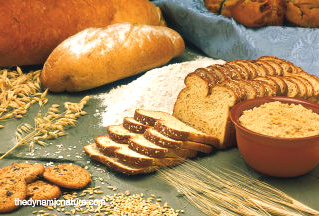Vitamin B5 (pantothenic acid)
Vitamin B
Pantothenic acid shows anti-stress properties and is used in the treatment of anxiety and stress along with
other anti-depressants.
In the form of co-enzyme, vitamin B5 has a very essential role in a number of biochemical reactions
in the human body.
Pantothenic acid helps in the synthesis of cholesterol, certain steroids and essential fats.
The synthesis of neurotransmitter like acetylcholine and hormone
like melatonin require vitamin B5
as a coenzyme promoter.

sources of pantothenic acid
The iron containing component of haemoglobin, Heme requires coenzyme action of pantothenic
acid for being synthesised.
The coenzyme form of pantothenic acid helps to metabolise
toxins and drugs in the liver.
Pantothenic acid gives boost to immune system by helping in the formation of antibodies.
Pantothenic acid supports the adrenalin gland and helps in the
secretion of various hormones.
It is believed that vitamin B5 can help in treating
greying of hair and wrinkles.
A form of this vitamin called panthoderm is added in lotions and creams to soothe
cuts and burns and to treat allergies.
Vitamin B5 is believed to treat rheumatoid arthritis.
Deficiency
Intestinal flora in the human beings synthesises some quantities of pantothenic acid.
As such deficiency of this vitamin is very rare and the symptoms of deficiency are removed
on taking supplements.
General fatigue, nausea, allergies, abdominal pains, insomnia, burning sensation in the feet, depression
and insulin sensitivity are some of the symptoms of vitamin B5 deficiency.
Toxicity
Generally there is no toxicity to pantothenic acid. Massive doses sometime may give gastric and intestinal irritation.
Sources
Vitamin B5 is available in almost all food sources. Whole grains, meat, fish, poultry, vegetables and fruits are some of the good sources of vitamin B5.
|
| |||
|
| |||
|
| |||
|
| |||
|
| |||
|
| |||
|
| |||
|
|
|||
Google+ page
By Mahmood Syed Faheem
Advertisement
Disclaimer: Not professional advice - The above content is just for informational & educational purpose only If you need specific medical advice please seek a professional doctor who is licensed or knowledgeable in that area.